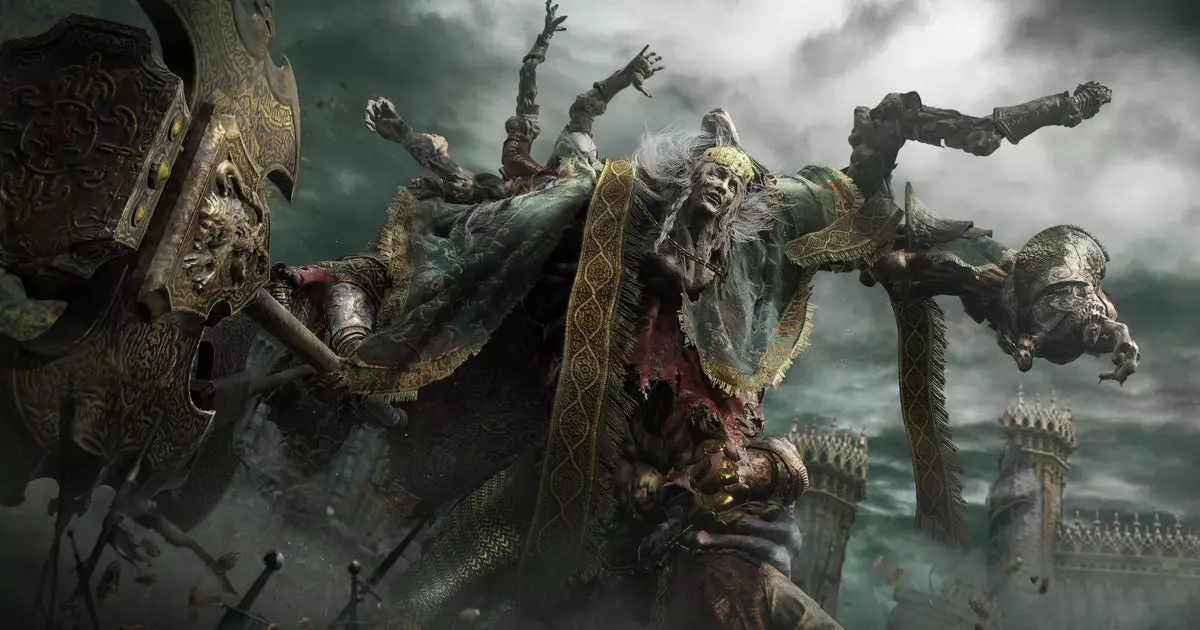In an era marked by unprecedented corporate mergers and acquisitions, Sony’s reported negotiations to acquire Kadokawa, the parent company of the acclaimed game developer From Software, emphasize the intensifying competition in the gaming industry. As gaming companies aim to bolster their portfolios and intellectual properties, such moves raise significant questions about market consolidation and the future of game development.
At the core of Sony’s interest is a trove of valuable assets owned by Kadokawa. From Software has become a household name due to its influential titles such as the Dark Souls series and the critically acclaimed Elden Ring, which redefined gaming experiences for many. However, the acquisition potential extends beyond just these flagship franchises. Sony is also looking to capitalize on the Danganronpa series, the RPG Maker engines developed by Gotcha Gotcha Games, and the beloved Octopath Traveler franchise owned by Acquire. This strategy illustrates an ongoing trend within the industry—predominantly focused on acquiring not just individual games but entire ecosystems of content.
The potential acquisition of Kadokawa represents not just a business transaction; it embodies a troubling trend where mega-corporations continue to swallow smaller developers, which leads to less diversity in game offerings. The consolidation raises concerns about creative freedom and innovation since games may be molded to fit the broader corporate strategy rather than artistic vision. While the allure of having a beloved series like Bloodborne as an exclusive may entice some gamers, it also indicates a move towards monopolization that often prioritizes profit over the gaming experience itself.
While Sony’s acquisition could mean future From Software titles may become PlayStation exclusives, the reality is more nuanced. Game developers increasingly lean towards producing time-limited exclusives rather than full-scale monopolization of franchises. This approach often allows for wider accessibility, especially as there has been a growing trend of Sony titles making their way to PC. Thus, while the consolidation gives Sony leverage, it does not necessarily spell the end for cross-platform availability, which has become a critical factor for success in the gaming market.
Kadokawa, having recently endured a ransomware cyberattack, might view this acquisition as a viable path toward stability and growth. With the announcement of a staggering 26 game projects currently under development, the acquisition not only provides Sony a rich source of intellectual properties but also enhances their portfolio amid evolving market demands. The integration of these projects under the umbrella of a larger corporation could potentially streamline production and propel successful titles into the market even faster.
As Sony continues with its talks to secure Kadokawa’s assets, the gaming landscape appears poised for significant shifts. While the potential integration of a storied developer like From Software into such a massive corporate structure could yield high-quality games, it further highlights the risks associated with corporate consolidations. Game enthusiasts are left to wonder: will these changes ultimately enrich the gaming experience or merely serve the corporate agenda?


Leave a Reply
You must be logged in to post a comment.